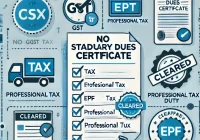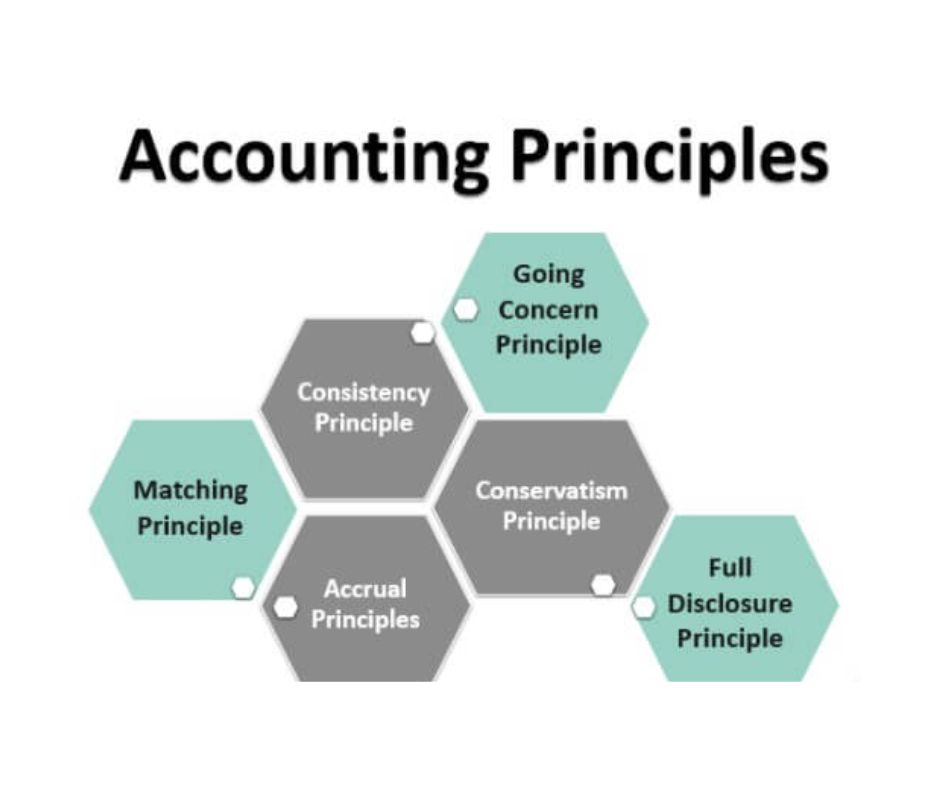No statutory dues certificate format?
No Statutory Dues Certificate Introduction A No Statutory Dues Certificate is an essential document that certifies that an individual, business, or organization has cleared all statutory dues owed to the government or any other statutory body. It acts as proof of compliance with tax, legal, and regulatory obligations, ensuring that there are no outstanding… Read More »








